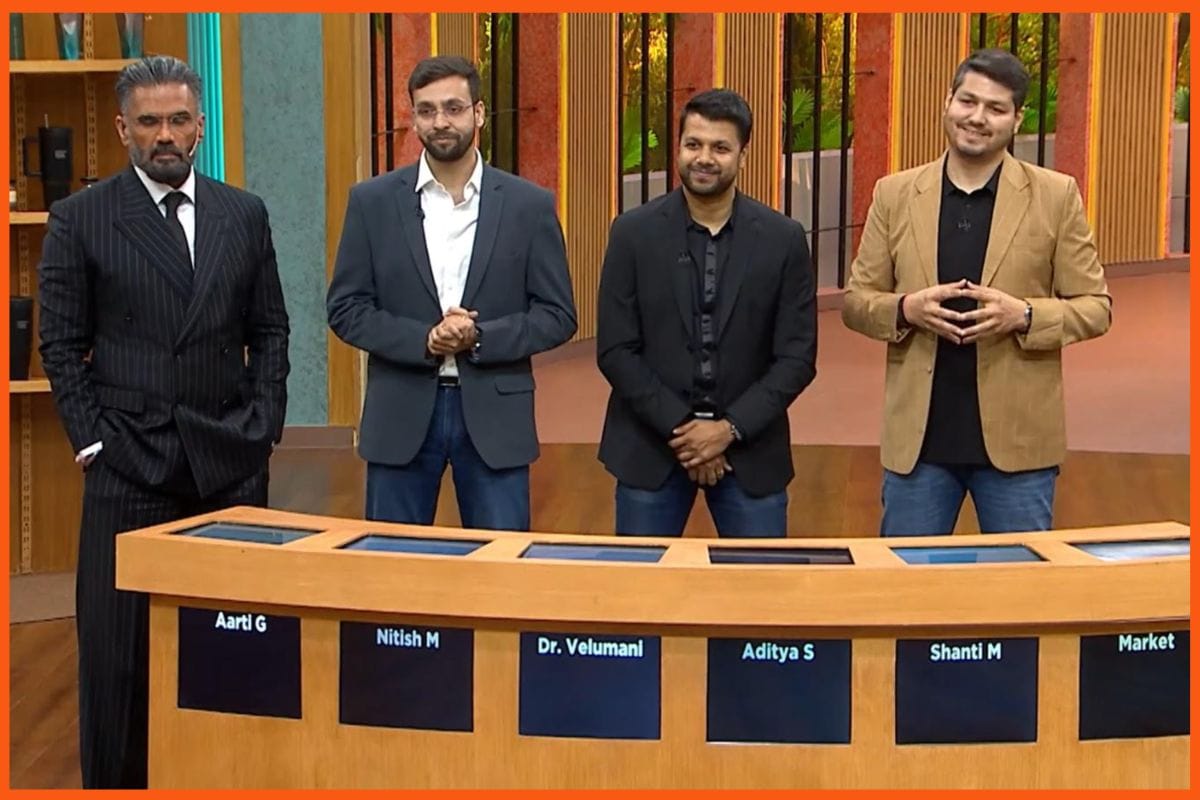Income and Other Taxes Can Now Be Paid up to a Maximum of Rs 5 Lakh Through UPI

The UPI limit for tax payments has been suggested to be raised from INR 1 lakh to INR 5 lakh by the Reserve Bank of India (RBI). The increase in the cap will allow taxpayers to swiftly settle their increased tax obligations. In most cases, there are no extra fees associated with payments made using UPI. This does not apply when paying taxes using a debit or credit card. There has been a prior instance of the RBI raising the cap. The central bank increased the ceiling on some payments, like those to hospitals and schools, to 5 lakh rupees in December 2023.
There is a limit of up to INR 1 lakh per transaction for conventional UPI, according to NPCI. The maximum transaction limit for certain UPI categories is 2 lakh, while for IPOs and the Retail Direct Scheme, it is 5 lakh. Other categories include Capital Markets, Collections, Insurance, and Foreign Inward Remittances.
The Statement on Development and Regulatory Policies states that UPI has become the most preferred payment method because of its user-friendly characteristics. At this time, INR 1 lakh is the maximum amount that may be transferred using UPI. Periodically, the Reserve Bank reviews and enhances the restrictions for a few categories based on the various use cases. These categories include capital markets, initial public offering subscriptions, loan collections, insurance, medical and educational services, and more. It has been determined to increase the ceiling for tax payments using UPI from INR 1 lakh to INR 5 lakh per transaction since both direct and indirect tax payments are frequent, high-value, and prevalent. "
The Impact of the New Limit on People’s Ability to Pay Taxes
During a fiscal year, a person must pay their income tax, property tax, advance tax, and other related taxes. Depending on one's income, the tax amount can be higher. It will be easier to pay both direct and indirect taxes with the increased UPI limit.
This is because a user needs an active bank account, a mobile number associated with that account, and an app that supports UPI in order to make a transaction using UPI. After creating a UPI ID, users can pay using the app by inputting a 4- or 6-digit PIN.
Additional UPI Announcements
Not only has the RBI announced the implementation of delegated payments via UPI, but they have also raised the UPI ceiling for tax payments to INR 5 lakh. Delegated UPI payments would enable one user to authorise another user to use their bank account to establish a restriction on UPI transactions, according to the release.
Essentially, this means that one person can grant access to their bank account for UPI payments to another person, for example, a family member. It is believed that this product will increase the penetration and use of digital payments nationwide. Prompt and comprehensive instructions will be sent out soon.

Must have tools for startups - Recommended by StartupTalky
- Convert Visitors into Leads- SeizeLead
- Website Builder SquareSpace
- Run your business Smoothly Systeme.io
- Stock Images Shutterstock






